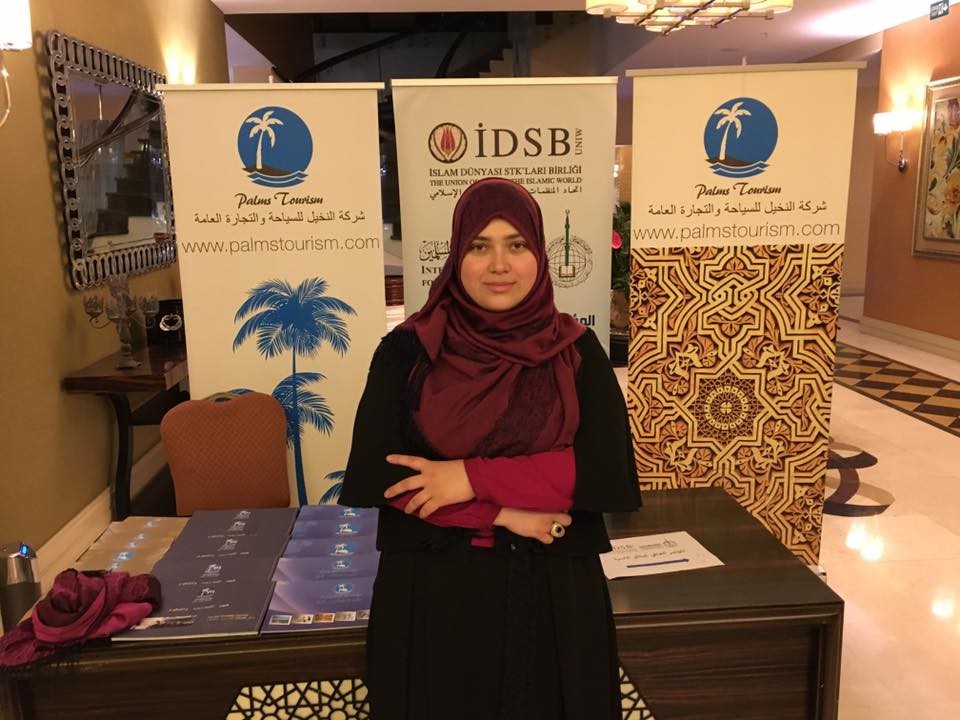Hawzah News Agency - (Tirana - Albania) -Edlira Durmishaj is hailed as a voice for women in the Balkans today. A clinical psychologist by profession, she has personal experience of the prejudice Muslim women and girls can face in education and employment.
Expelled from school at 16 for choosing to wear hijab, she married the same year, moving to Medinah to study Islamic Jurisprudence with her husband.
The NGO she founded in her birthplace Fier, South West Albania, provides supplementary lessons in mainstream topics and Islamic basics for students.
For the past three years, the rights activist has dedicated herself to promoting World Hijab Day regionally, gathering large numbers at rallies and conferences.
The Ottoman Empire ruled over Albania for more than 500 years. Wikipedia calls that period an ‘Occupation.’ Is that how Albanian’s view their Islamic history?
Durmishaj: You can also find mosques in Albania which predate the Ottomans.
Unfortunately, there is an agenda about (covering) this. It’s true Albania was a ‘Vilayet’ (an administrative division of the Ottoman Empire). Albanians enjoyed a comfortable living during those times. Issues came during the decline and after the fall of the Empire.
What does the Albanian experience of Islam teach about plurality?
Edlira Durmishaj: The term, ’The faith of Albania is Albanianism’ comes from the years when our enemies were trying to impact our feelings of faith.
You will still today, find mosques and churches side by side and nobody is worried about this. All Albanians are peaceful together and these are our true values.
We have our own wonderful country living in harmony and respecting one another.
Imams in Albania have worked hard to make the people understand that here, we understand (follow) the religion, not the Arabic culture.
The few mosques which weren’t destroyed were made into storage centers. One, I’m sorry to say, in the city of Kavaja was even made into a public toilet.
We have many stories where imams spent life in jail for simply saying ‘there is no God but God.’
This new generation knows that their grandparents suffered. So they are hungry for information about Islam and to realize their identity.

